What do you think?
Rate this book
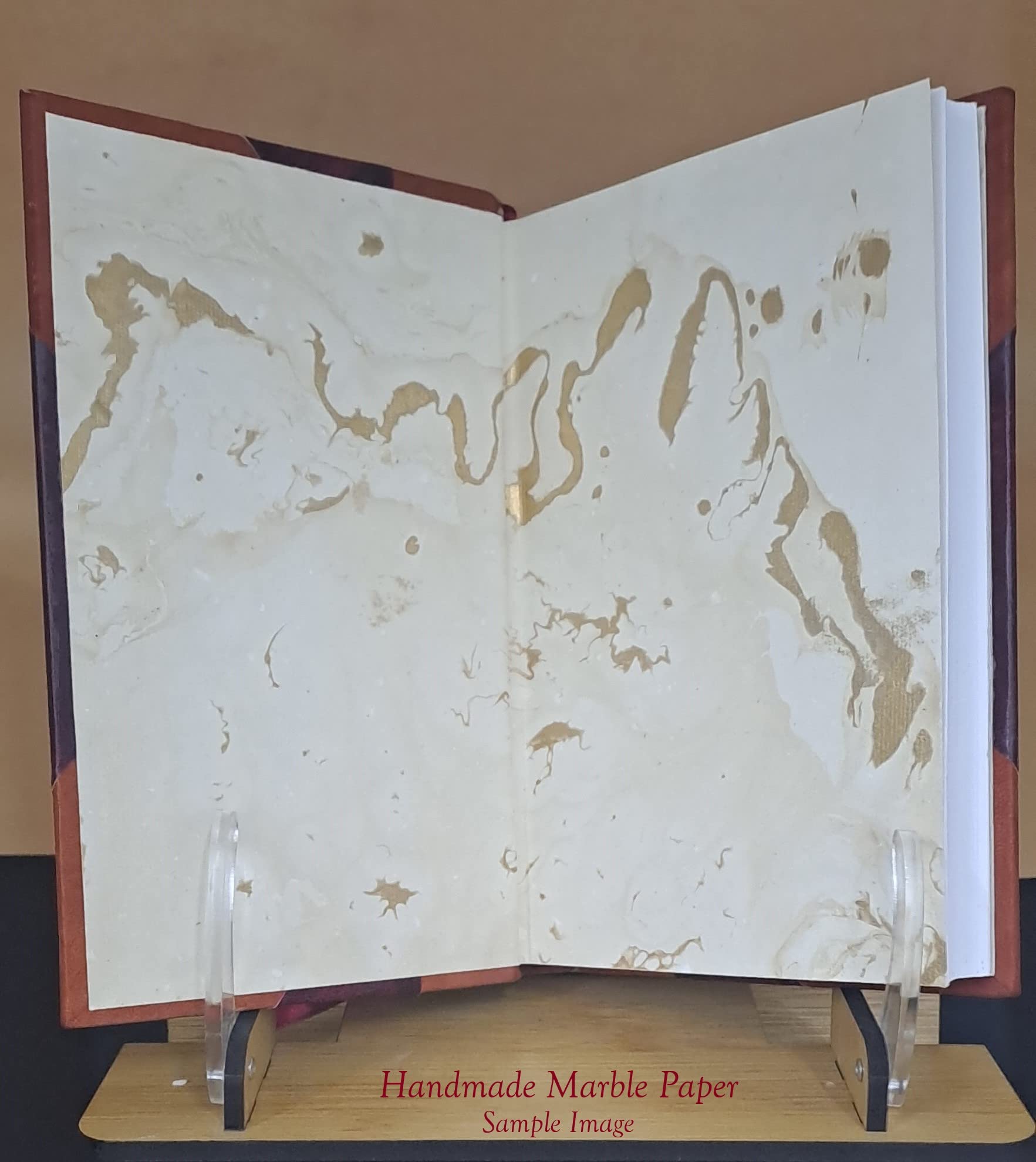

492 pages, Leather Bound
First published June 1, 1997




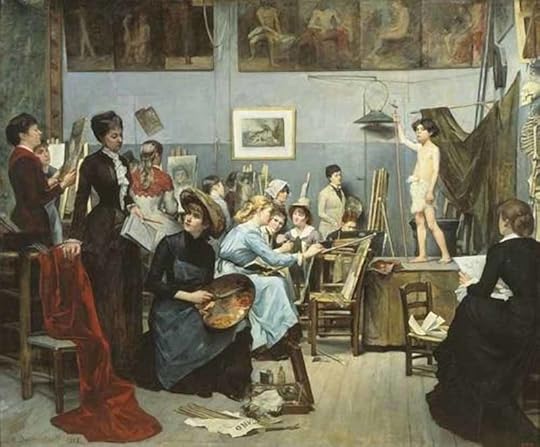





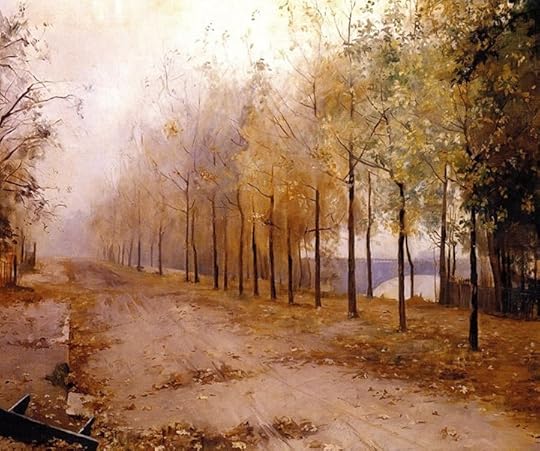
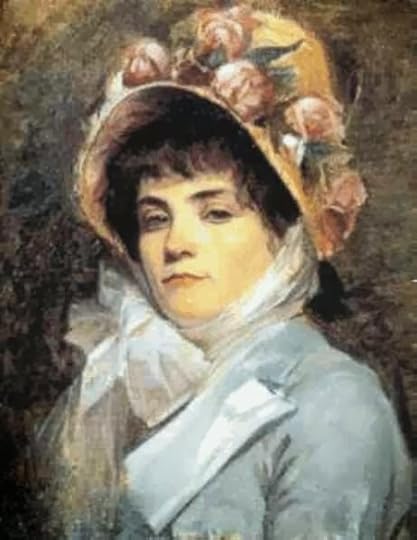
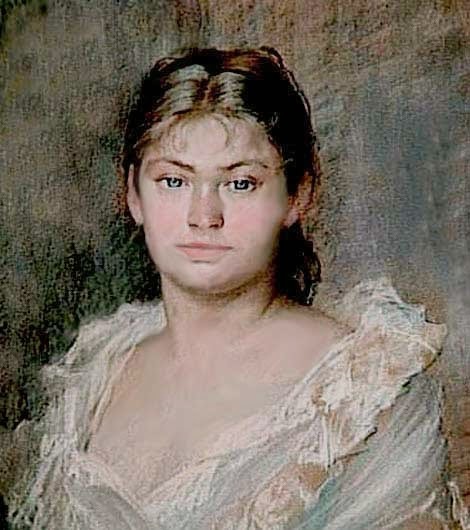

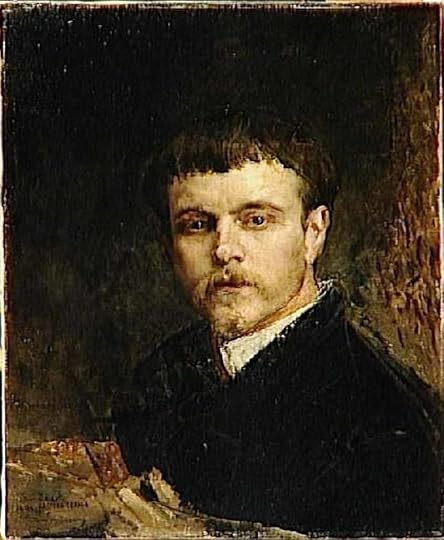


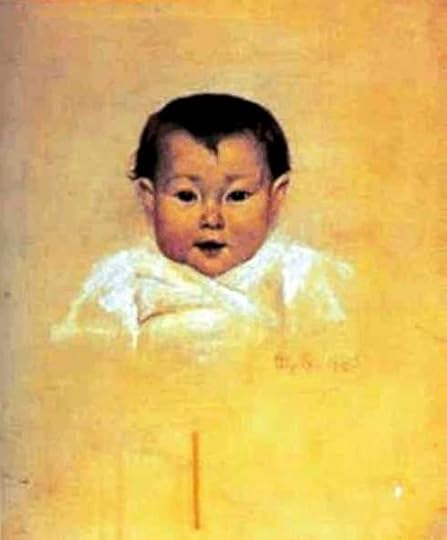

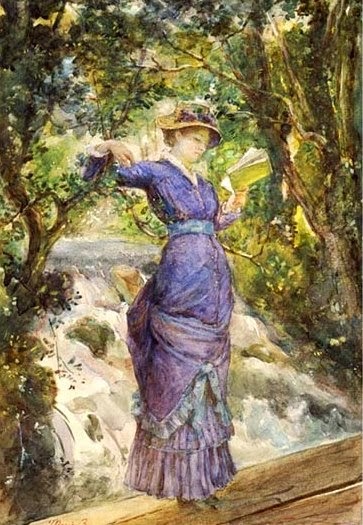
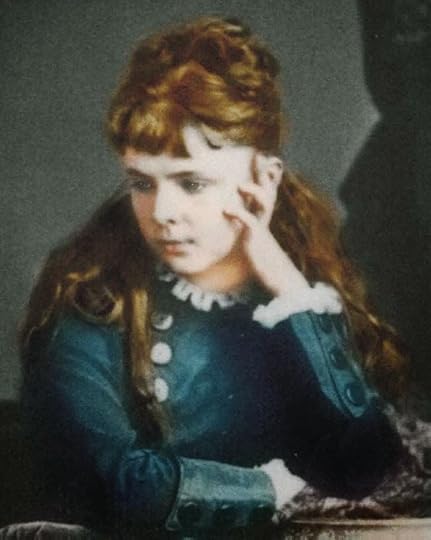
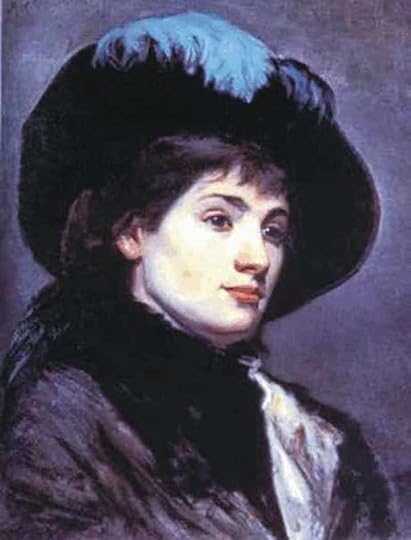


It's a pity that people are still a little stupid and don't yet look at women as they ought to. Their attitude will prevent me from doing some brilliant deed or occupying a notable place in the government, or even becoming the president of a republic—France, for instance. But no, that's too easy. In France each worthless talker counts for something and can be the president. But I want to become something in reward for my services, not for a fine speech. (age 15)From the age of fifteen, as recorded by the earliest portion of diary made available by this edition Marie Bashkirtseff had the strength of will, intensity of emotion, and the heights of ambition rarely equaled by someone of her youth, combined with being a highly interesting embodiment of Russia's obsession with France during this period. Unfortunately, she is also the type of person Burney, Austen, and others have satirized to such great effect during the period of drawing rooms: the one who traverses the globe in some of the ritziest places imaginable and occupies balcony seating to productions of some of the finest works of art and can write about nothing other than looking at and being looked at by others. So, as can be seen, such a combination can result in some mighty fine quotations, with an added element of remarkability stemming from the age of the author. However, that's barely a decent paragraph's worth of sentences out of four and a half hundred pages, and I sure was glad when it all ended. Learned a bit, to be sure, and I will be looking out for the second/subsequent volume(s), but not because I expect to find more of the same.
That the scientists who have discovered the rotation of the earth and the planets, their positions, and the truth about the sun have no religious beliefs surprises me. It seems to me that because they know more about the mysteries of the world, they should have the greatest faith.The big problem with the advertisement presence for this work is much of what drew me to it is not here. True, the book description doesn't commit to anything completely outside the boundary of the chronological coverage, but when such occurs, the author profile is what I turn to, and the descriptions of the struggles of women artists; feminist articles; and reckoning with a chronic, and ultimately deadly, illness drew me as a moth to a flame. That, and the extremely high average rating made me think that I was in for a severely underread treat. Alas, I instead discovered that I can't stand people who literally cannot keep to a consistent opinion if it killed them, and I'm talking about alternatively loathing and loving three different cities/people/pastimes/etc within the space of a page of a single diary entry or paragraph, not evolving critical thought. There are tons of characters, tons of drama, tons of rich people problems involving lawsuits and family-ruining white men and the inability to be presented in society, and while the ridiculous numbers of nicknames were in some way mitigated by the index at the end, I didn't feel like bothering with it most of the time. My favorite instances were whenever she commented on women, literature, and certain venues of the world, as those were usually more relevant to my knowledge base and/or interesting in their own right. Between those few and far between instances were long stretches of not being invited to parties, buying dresses, and rhapsodizing about the latest boy/man toy in the most heterosexually nonsensical manner possible. A lot of readers of this obviously like that sort of thing, but I'm not one of them, and I'm not even sure whether more consistent footnotes/endnotes of some kind would have helped. The end result is something to which the epithets, derived from the site's book description, of "genius" and "self-absorbed" can both be applied in turn, and you can guess which camp I'm in most of the time.
Some say the play is immoral. Well, I think the contrary. At each intermission Mama was trying to point out the horrible things about it and gave me some moral talk in a roundabout way. That's the way parents destroy the confidence of their children.
Unfortunately, I am not rich enough to buy a husband. I'll buy one only when I've lost the hope of being bought myself. A husband is a luxury animal.It's a real shame that I don't know what's going on with the rest of this particular rendition of Bashkirtseff's diaries. I see a second volume partaken in by one of the translators of this work, but the most fleshed out edition of it is on Kindle, and I'm not desperate enough in my reading to deal with any Amazon or ebook nonsense. The sheer wealth of Bashkirtseff's later years that such a read would afford me means I'd definitely pick it up in my usual spelunking fashion, my enthusiasm for an unknown authorial focus and writing style traded in for the knowledge that I can cope with it for hundreds of pages for the sake of the unique tidbits that I can extract along the way. Perhaps those comparisons to Woolf and Nin, so poor a fit with this first volume that I wondered whether the referencers had even read the two, would even be merited by that more mature content. I got to be honest, though, this was more tedious than anything else, and with my string of mostly two stars behind me, I'm rather sick of dealing with longer than average older works in translation in my reading. When it comes to the remainder of my challenge reads, I have plenty of substantial, old, and translated works, but the combination of all three is a rare one, so I'm hoping I can found my reads on more stable ground than I have been for some weeks now: even those who glory in delving in the unappreciated and underread need breaks.
I am only seventeen and I have not yet studied. At twenty, if no accident has happened, I'll have a voice such as few have often heard. [Later, in the margin the diarist has added, "At twenty I am almost without a voice," and after this, "At twenty-two I am deaf."]
I took a book of J. J. Rousseau's La Nouvelle Héloise, but after a few pages I was disgusted. As for Émile [Rousseau's book on education], I read it in honor of the Surprising One and found a few good ideas, but many useless dissertations.
I am not tormented by my conscience, but only by the fear of gossip. Besides, what is the use of being irreproachable, since people make up stories anyway? Amen. (age 18)